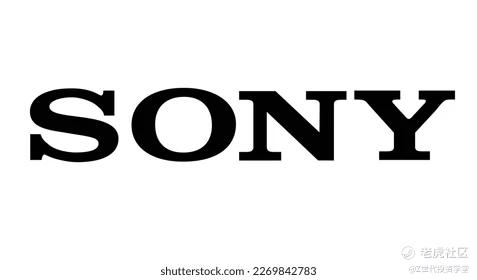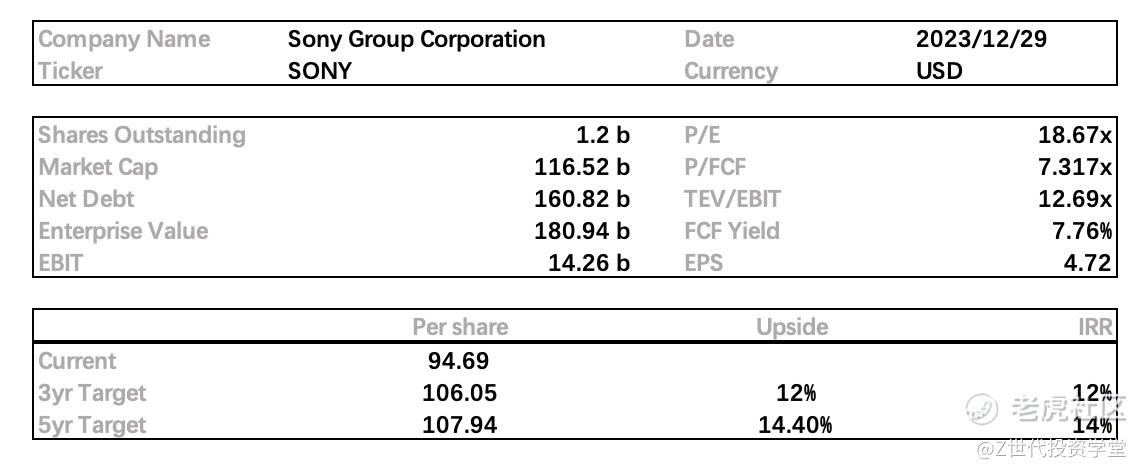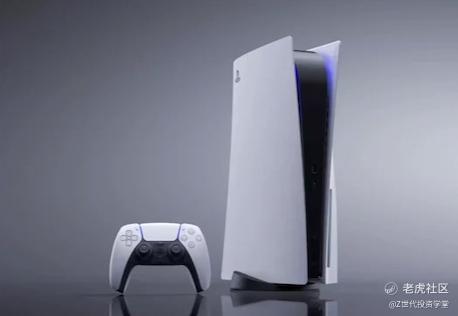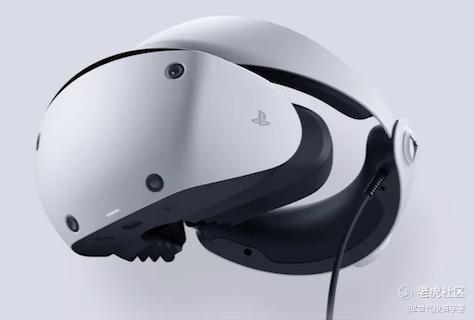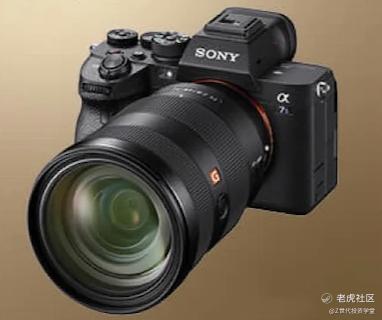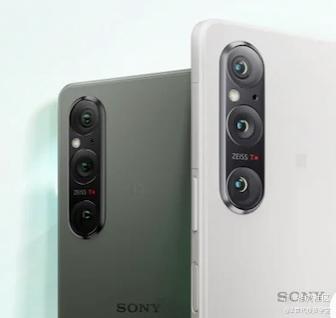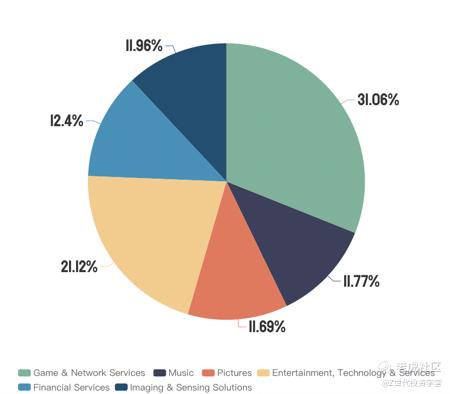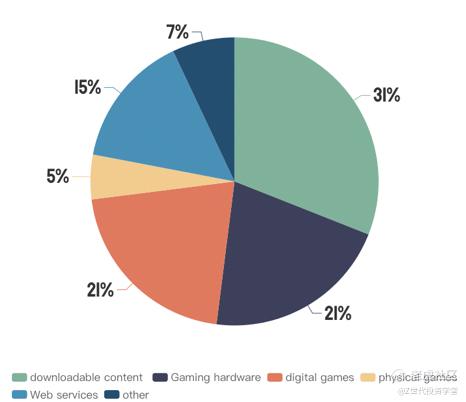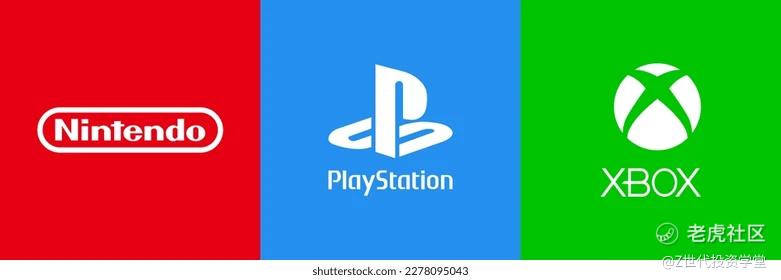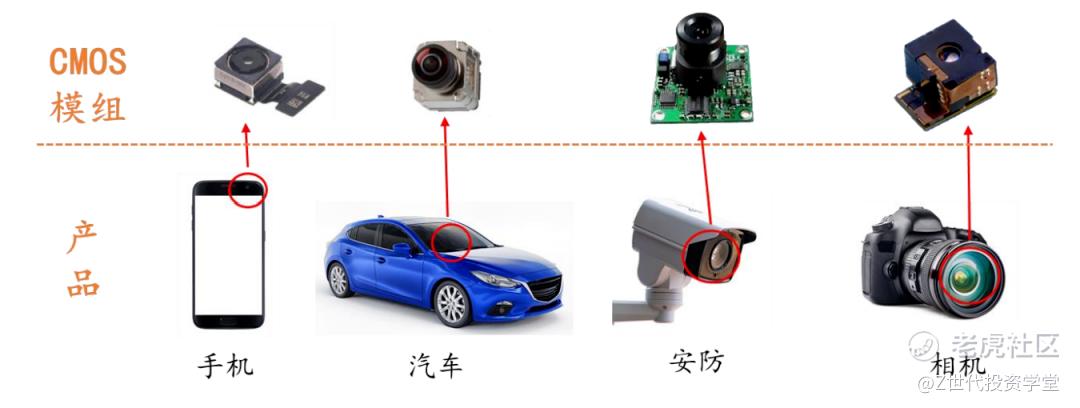Initial Report(part1): Sony Group Corporation (SONY), 14.4% 5-yr Potential Upside (VIP SEA, 张嘉育Olivia)
1 Company Overview
Sony is a technology company with operations spanning various sectors, including gaming, electronics, entertainment, and finance.
In 1946, Masaru Ibuka and Akio Morita founded the precursor to Sony in a post-war department store.
In 1955, the company introduced Japan's first transistor radio.
In 1968, Sony developed Trinitron technology, leading to the introduction of color televisions on the market.
In 1979, Sony launched the first portable cassette player, the Walkman.
In 1983, Sony developed CD technology.
In 1989, Sony acquired the American record company Columbia Records for $6 billion.
In 1991, Sony integrated lithium-ion battery technology, leading to the development of commercial lithium-ion batteries.
In 1994, Sony introduced the PlayStation gaming console.
In 2001, Sony introduced the world's first digital single-lens reflex (DSLR) camera, named Alpha. This product marked their first breakthrough in digital photography technology and served as a pivotal moment in their entry into the professional camera market.
In 2004, Sony launched the world's first liquid crystal display (LCD) television, named Bravia.
In 2008, Sony released the world's first Blu-ray Disc (BD) player, named BDP-S1.
In 2010, Sony introduced the world's first 3D television, named HX800
In 2012, Sony launched the world's first smartphone, named Xperia, initiating their venture into the smart terminal market.
In 2016, Sony introduced the world's first virtual reality (VR) headset, named PlayStation VR. This product marked their breakthrough in VR technology and served as a key moment in their entry into the immersive experience market.
1.1 business segments
Sony currently operates in six major business segments:
Gaming & network services:
The gaming division revolves around the PlayStation console, with the latest version being the PS5 released in 2020, with approximately 19.1 million units sold in the fiscal year 2022. Classic games such as the "Horizon" series and "God of War" series contribute to the success of the platform. In addition to the console, Sony released the VR headset PS VR2, game controllers, headphones, and more in 2022. As of December 9, 2023, Sony announced that global cumulative sales of the PS5 exceeded 50 million units. Popular games like "Marvel's Spider-Man 2" and "Elden Ring" have also boosted PS5 sales.
Entertainment and Technology:
This segment includes various product categories such as televisions, cameras, and smartphones. TV revenue accounts for the highest share at 37%. The Alpha series of full-frame mirrorless cameras, launched in 2013, has been a classic product for a decade. The Xperia brand represents Sony's smartphones, initially introduced by the joint venture Sony Ericsson. The segment also includes professional movie cameras, live broadcasting cameras, medical imaging products, and more.
Music:
Sony's music segment involves recording and distribution. In 1968, Sony entered the music industry by investing in Columbia Records. In 2021, streaming revenue accounted for 42%, with the rest coming from music distribution, visual platforms, and other sources. The company has signed numerous artists under its label.
Movies:
The movie segment focuses on the production and distribution of films. Sony acquired Columbia Pictures in 1989 and purchased the rights to Spider-Man from Marvel in 1999 for $7 million. Over the past two decades, "Spider-Man" and "Venom" have been successful film franchises for Sony.
Imaging and Sensing:
This segment primarily provides image sensors to corporate clients for use in smartphones, automobiles, industrial equipment, and more. For instance, Sony supplies the imaging components for iPhones.
Financial Services:
Financial services encompass insurance and banking-related businesses.
1.2 revenue drivers
For the fiscal year 2022 (April 1, 2022, to March 31, 2023), Sony reported total revenue of 11.54 trillion Japanese Yen, representing a year-on-year growth of 16.31%. The net profit attributable to the parent company reached 9.37126 trillion Japanese Yen, showing a 6.23% increase compared to the previous year.
Breaking down the revenue by business segments:
Gaming: The gaming segment achieved a revenue of 3.64 trillion Japanese Yen.
Entertainment and Technology: The entertainment and technology segment generated revenue of 2.48 trillion Japanese Yen.
Music: The music segment contributed 1.38 trillion Japanese Yen to the overall revenue.
Movies: The movie segment reported revenue of 1.37 trillion Japanese Yen.
Imaging and Sensing: The imaging and sensing segment accounted for revenue of 1.4 trillion Japanese Yen.
Financial Services: The financial services segment contributed 1.45 trillion Japanese Yen to the company's total revenue.
2 competitor analysis
Sony holds a leading position in the global gaming console market.
In the fiscal year 2022 (April 1, 2022, to March 31, 2023), Sony derived a significant portion of its revenue from the Gaming & Network Services segment, accounting for 31% of the total income. Within the gaming segment, the revenue breakdown indicates that 31% of the gaming revenue comes from Downloadable Content (DLC). Additionally, gaming hardware contributes to 21% of the gaming revenue.
In the global gaming console market report for Q3 2023, Sony has reclaimed the top position with a 54% market share and a 42% year-on-year growth. Despite facing challenges such as supply chain constraints and macroeconomic uncertainties, Sony experienced a 4.7% decline in gaming console shipments in 2022. However, with improvements in the supply chain, the PlayStation 5 (PS5) demonstrated robust performance in 2023. According to information obtained from the official Sony website, as of December 9, 2023, the cumulative global sales of Sony's PS5 surpassed 50 million units. The popularity of hit games like "Marvel's Spider-Man 2" and "God of War 3" has also contributed to the strong sales performance of the PS5.
Sony has replaced Nintendo as the leader in the global gaming console market, capturing a 54% market share and experiencing a 42% year-on-year growth. In this quarter, Sony surpassed Nintendo, becoming the top player in both market share and growth rate in the gaming console market. This achievement marks Sony's highest quarterly shipment volume in its history.
According to Finbold data, as of October 2023, Sony's PS5 has sold 14.36 million units from the beginning of the year to October, averaging approximately 1.43 million units per month. This translates to an estimated daily sales rate of around 47,666 units.
Nintendo, on the other hand, faced a 15% year-on-year decline in shipment volume during the third quarter of 2023, dropping to the second position with a 27% market share. This decline occurred despite the success of annual titles like "The Legend of Zelda: Kingdom of Tears" and the film "Super Mario Bros. Great Adventure," which helped mitigate a potentially more significant downturn.
Microsoft's Xbox Series X/S experienced a 6% decrease in shipment volume during the third quarter of 2023, reaching approximately 1.8 million units. The Xbox Series X accounted for the majority of sales at 72%. However, Microsoft's flagship title "Starfield" fell short in sales compared to Sony's "Marvel's Spider-Man 2" and Nintendo's "The Legend of Zelda: Kingdom of Tears" and "Super Mario Bros.: Wonder."
In the specific manufacturer rankings for the CIS (CMOS Image Sensor) market in 2023, Sony continues to firmly hold the first position, with its market share rebounding to 42%.
In 2021, Samsung held a 29% market share in the CMOS image sensor market, while Sony commanded a dominant 46% share. In 2022, the ranking remained consistent with Sony in the first position, Samsung in the second, and Omnivision in the third, similar to the previous year. However, there were notable changes in the specific market shares. Sony's share increased to 42%, Samsung's share dropped to 19%, and Omnivision's share decreased from 13% to 11%.
免责声明:上述内容仅代表发帖人个人观点,不构成本平台的任何投资建议。



